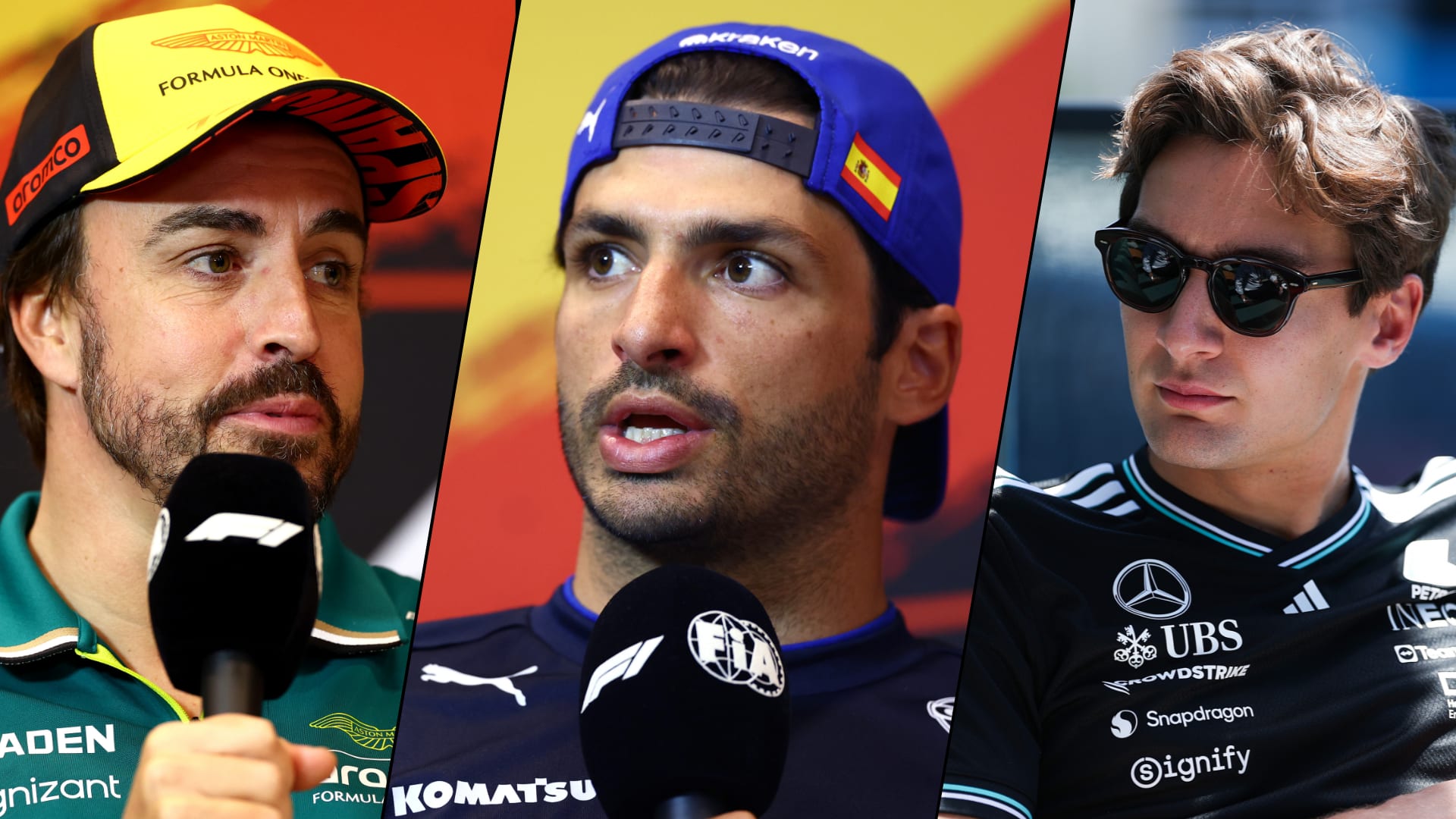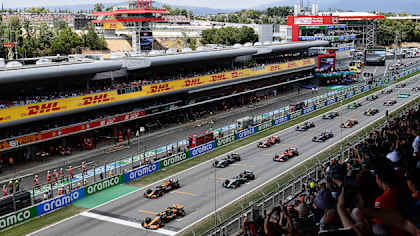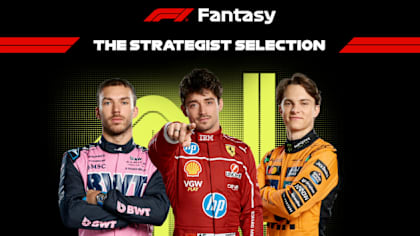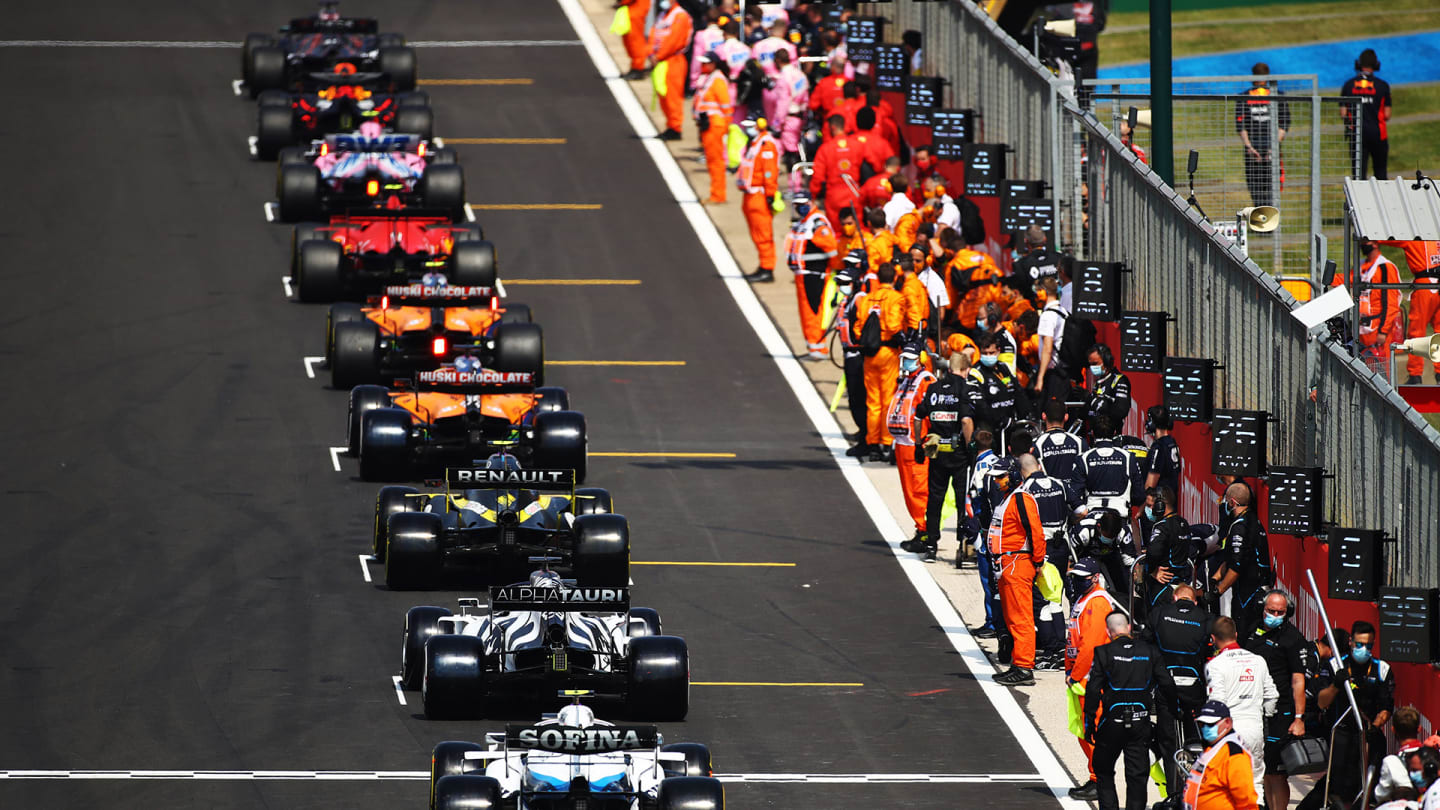
Feature
ANALYSIS: What the new Concorde Agreement means for Formula 1
Share

After months and months and months of discussions and deliberations, Formula 1’s 10 teams have now agreed to the terms of a new document, known as the Concorde Agreement, that binds them to the world championship for another five years. Here's what that means for the sport...
What is the Concorde Agreement?
It is a contract between Formula 1, governing body the FIA and the teams which wish to compete in the F1 World Championship.
It is so called because the first iteration of the document, drawn up back in 1981, was initially discussed at the FIA offices, on the Place de la Concorde in France’s capital Paris.
READ MORE: All 10 teams reach new Formula 1 Concorde Agreement
The agreement, among other things, is a commercial document which defines how F1’s television revenues and prize money will be distributed – and was set to expire at the end of the year.
To compete in Formula 1, every team must sign the Concorde Agreement.
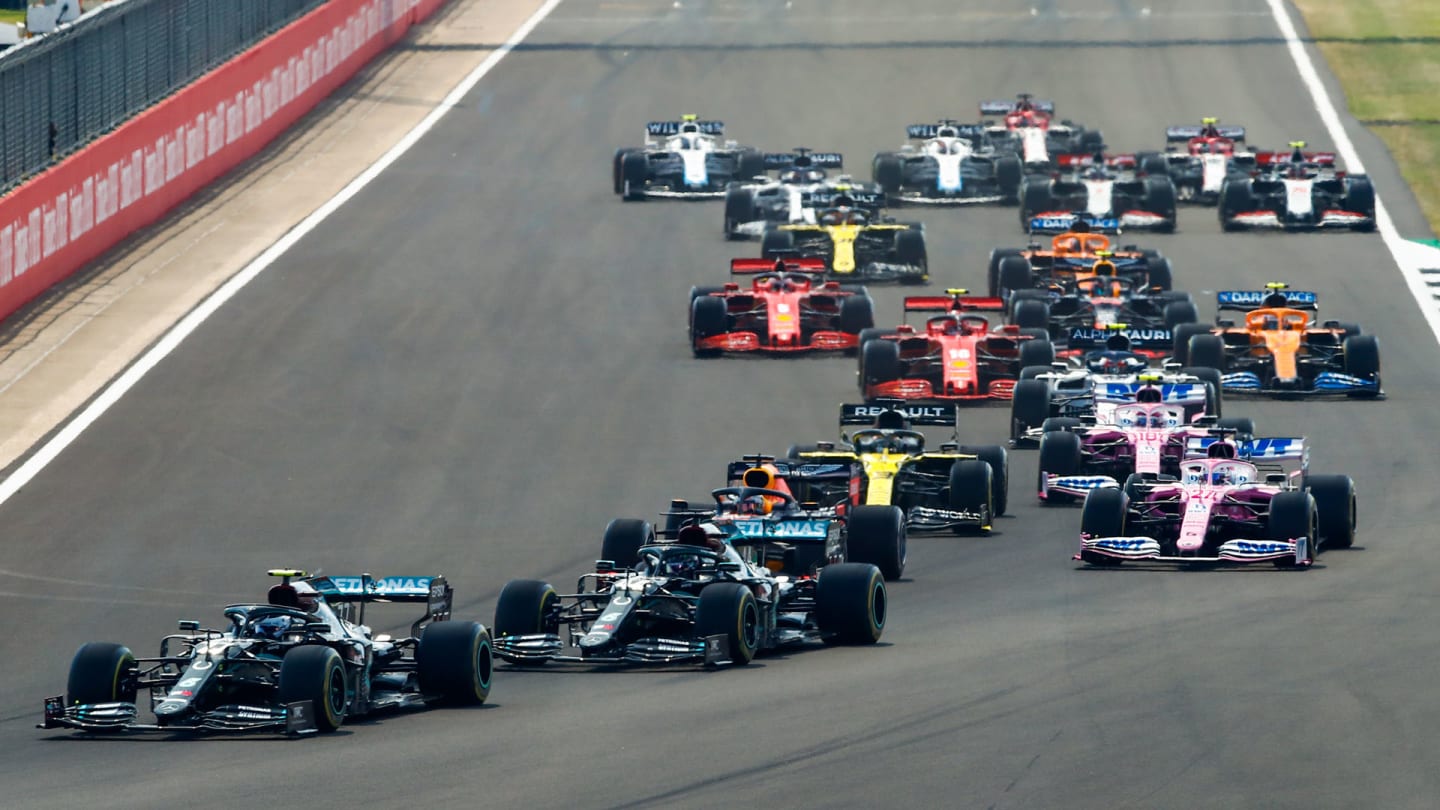
Every team must be signed up to the Concorde Agreement in order to race in F1
How long does it run for?
The latest Concorde Agreement will run for a five-year period, from 2021 to 2025, and is the first completed by F1’s new owners Liberty Media, spearheaded by CEO Chase Carey.
By signing the document, each team commits to that period, giving stability to those running the world championship, but also the teams, their staff and their partners.
Why is this new deal significant?
Formula 1 bosses have been keen to build a strong foundation on which to secure the long-term future for the championship.
A revolutionary new budget cap to be introduced next year, along with sweeping new technical regs and a fresh set of sporting rules coming in 2022, were the first steps.
READ MORE: The 2021 F1 cost cap explained – what has changed, and why?
2022 F1 RULES: Everything you need to know
A new commercial agreement, which aims to reduce the financial disparities between the teams, level the playing field and close the performance gap on track, is the next part of that process.
Why did it take so long?
The Covid-19 pandemic created unprecedented challenges for everyone in 2020, so the focus was on shoring up the sport and the teams in the immediate term, with Concorde Agreement talks put on the backburner.
The challenges the virus brought served as another reminder that something needed to change, so once the championship restarted, so too could the commercial agreement talks.
But Formula 1 teams are businesses, so it’s always going to be tricky when money is a negotiating point.
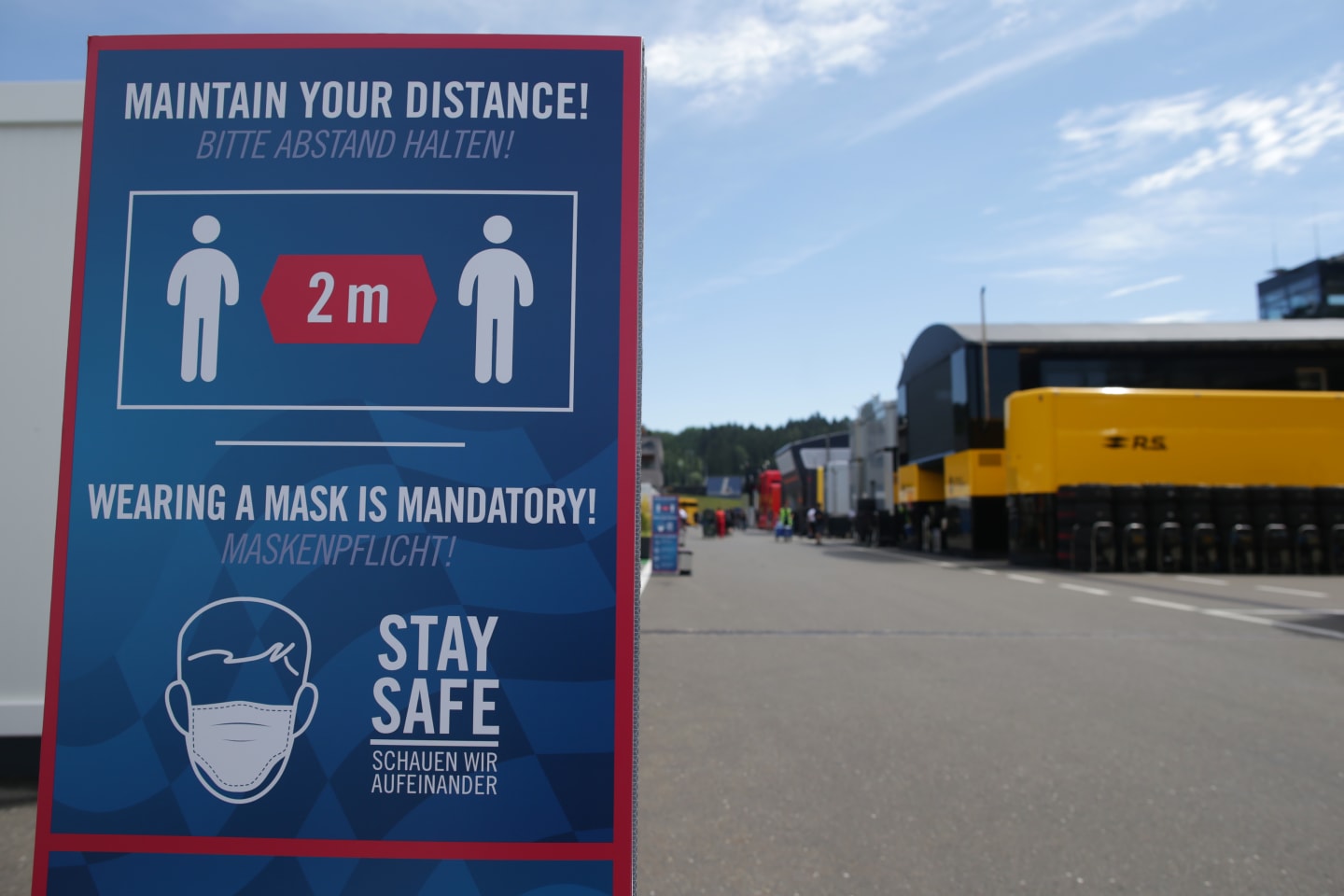
The coronavirus pandemic delayed the negotiations, as F1 concentrated on getting racing restarted in 2020
By changing the way the prize money is distributed, it was inevitable that some teams would be happy – as they would receive a greater share – and others less so, as they would have a smaller slice.
And thus talks took a long time. At Silverstone, that led to some team bosses voicing their frustration at rivals who appeared to be holding up progress.
But ultimately, as they have increasingly done in recent months, all the stakeholders found a way to come together and compromise on the document, which they agreed to in time for the early deadline – which brought a small financial incentive – of August 18.
What does it mean for F1?
With the 10 teams signed up for the next five years, and the regulations and cost cap defined, Formula 1 can finally embark on a new era.
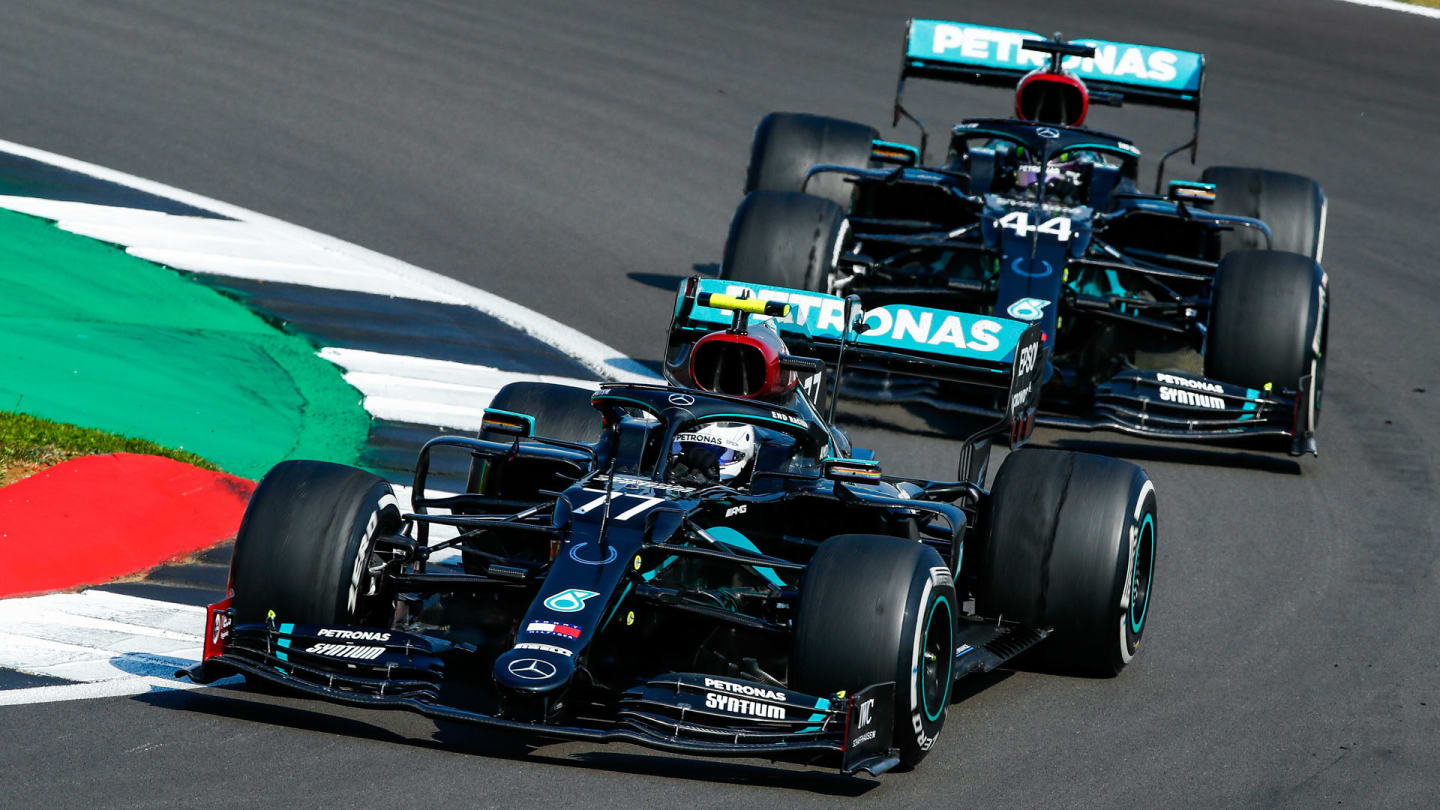
The new agreement quashes any speculation that teams like Mercedes or Haas might not be around for the long term
Such an agreement washes away speculation that some teams, such as Mercedes, might not stick around.
It also highlights the commitment of teams like Haas, whose owner Gene Haas was weighing up whether or not to commit to F1 for another five years. He was among the most vocal in demanding for greater parity. In part, he’s got his wish.
The hope now is that all F1 teams can develop themselves into robust operations financially while also closing the pack in terms of competitiveness that can in turn improve the racing spectacle.
Exciting times ahead.
YOU MIGHT ALSO LIKE
News ‘I don’t see any reason why not’ – Russell confident Mercedes can return to top-five fight in Spain after ‘two poor races’

Video WEEKEND WARM-UP: McLaren look the team to beat but Verstappen aims to keep winning run going in Spain
Feature IT’S RACE WEEK: 5 storylines we’re excited about ahead of the 2025 Spanish Grand Prix
Feature F1 FANTASY: Strategist Selection – What’s the best line-up for the 2025 Spanish Grand Prix?
